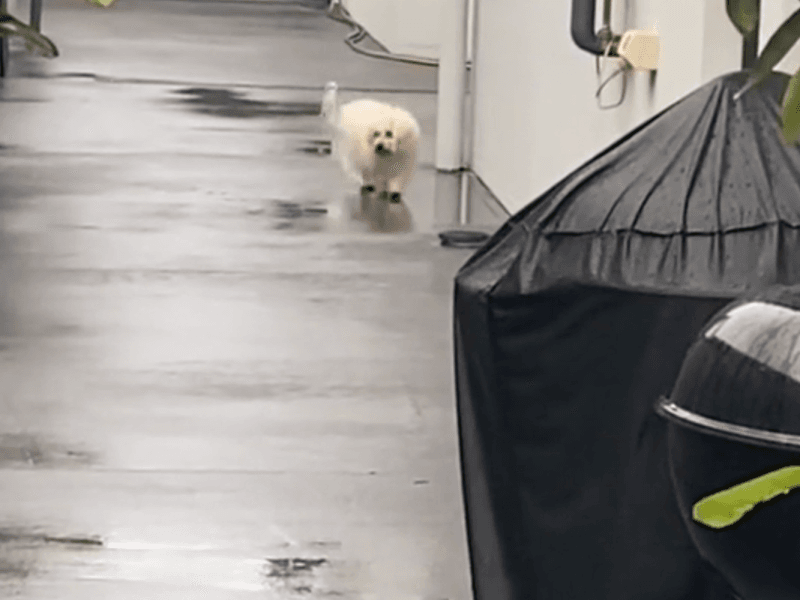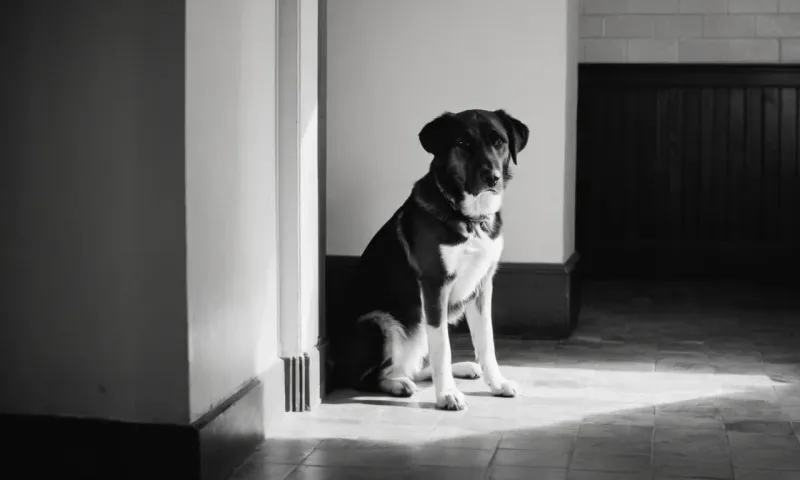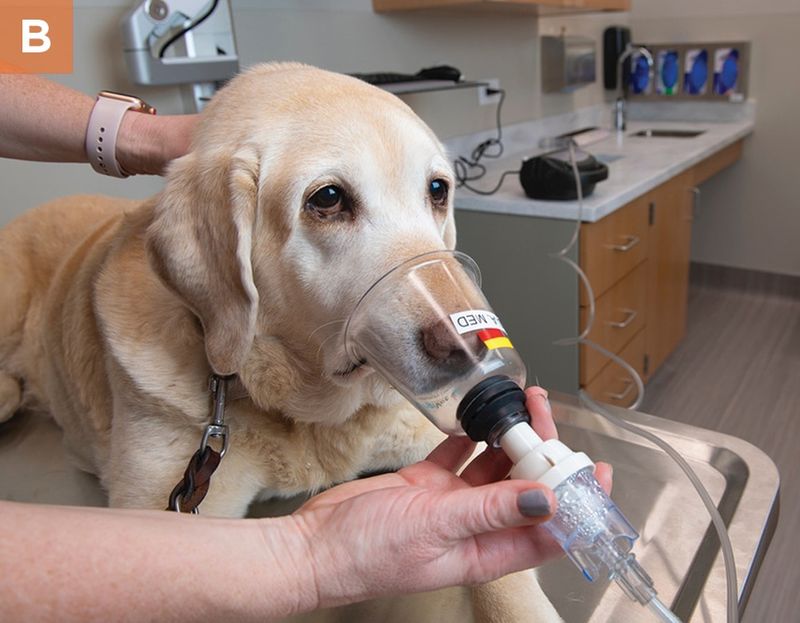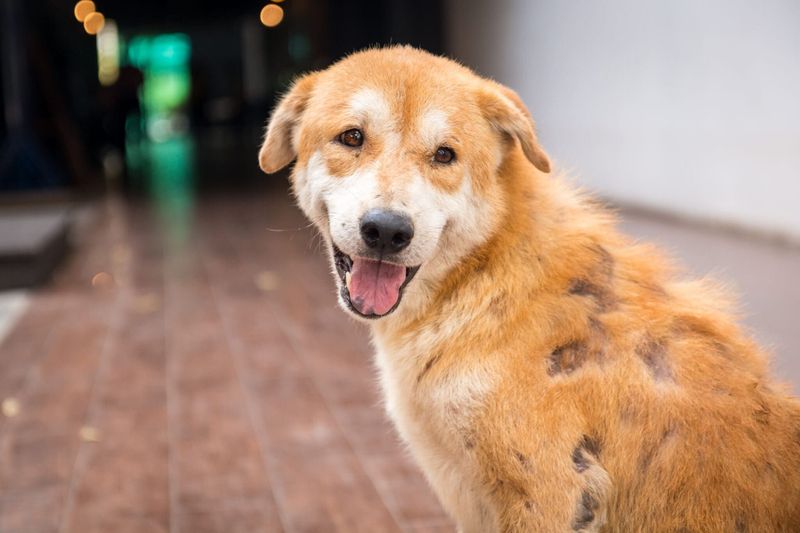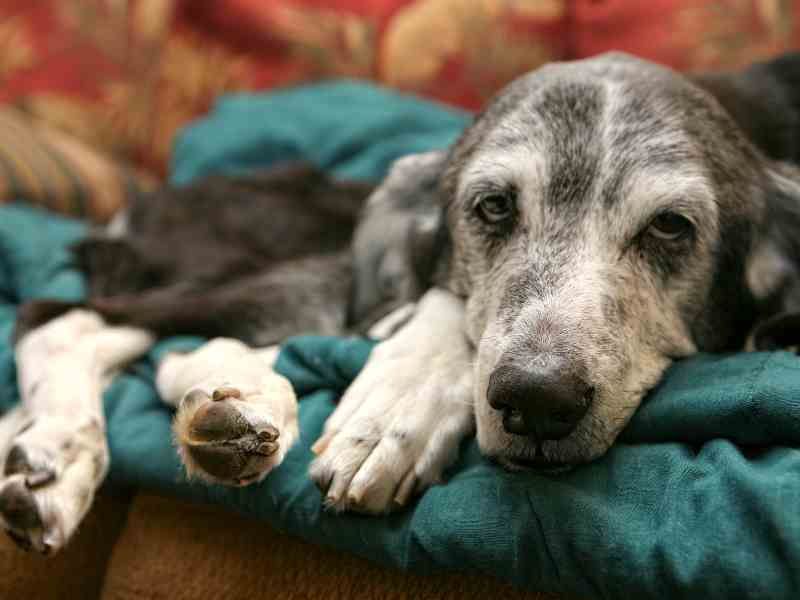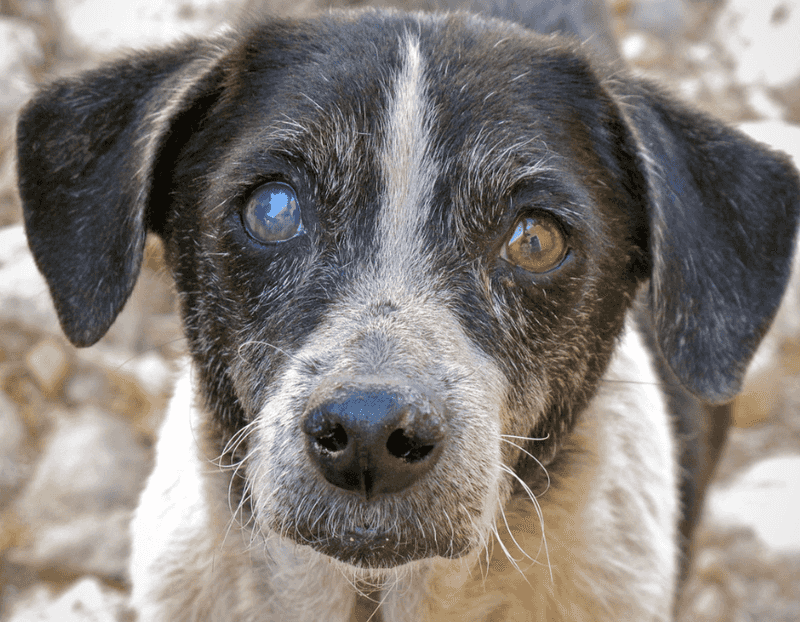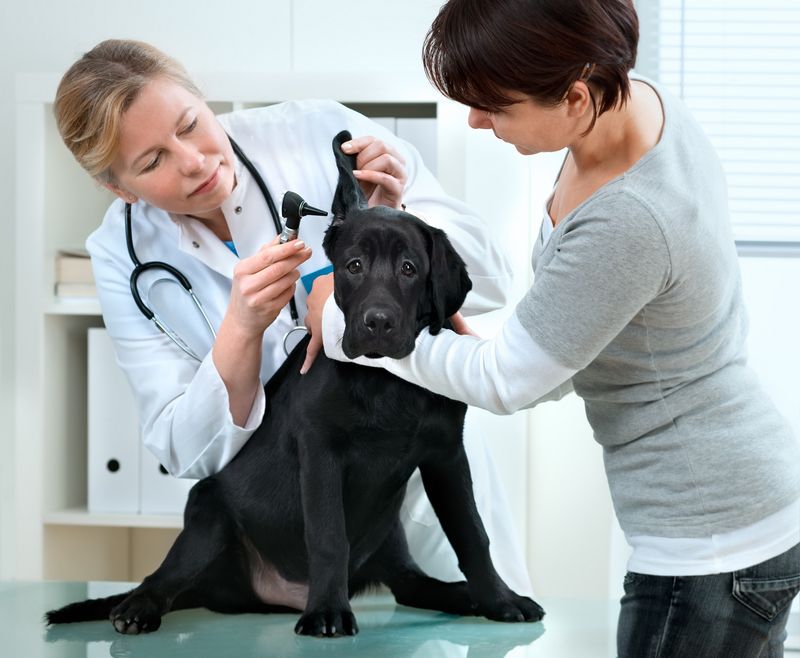As dogs age, their health and behavior may change, signaling that they might be approaching the end of their life. Recognizing these signs can be vital to ensuring they receive the comfort and care they deserve. While this can be a challenging time, understanding these signs can help you make informed decisions about your pet’s well-being.
Decreased Mobility
Have you noticed your dog hesitating at the stairs? This could be more than just age.
Decreased mobility may indicate joint pain or arthritis, which is common in senior dogs. Watching your beloved pet struggle can be heart-wrenching. A once lively companion now finds simple tasks challenging.
Consulting with a veterinarian can provide options to relieve their discomfort. Regular check-ups and appropriate medication can make a difference. Consider providing ramps or soft bedding to ease their daily life. Your gentle caregiver deserves a comfortable life until the very end.
Appetite Loss
Once a voracious eater, your dog now sniffs and walks away from meals. This sudden change in appetite can be unsettling.
Appetite loss might indicate underlying health issues, such as organ failure or dental problems. It’s crucial to pay attention to these changes.
A veterinarian’s consultation can uncover the root cause and suggest dietary adjustments or supplements. Sometimes, tempting them with favorite treats helps, but professional guidance is key. Cherish each meal shared with your loyal friend, as it may be one of the last bonds you have.
Increased Fatigue
Is your dog sleeping more than usual? Increased fatigue can be a sign that they’re slowing down.
In older dogs, this may indicate underlying health issues, like heart disease or anemia. Their zest for life dims, as playtime turns into nap time.
A vet can offer insights into managing their energy levels, ensuring they’re comfortable and content. Adjusting their daily routine to include more rest can enhance their quality of life. Your sleepy head deserves all the comfort you can provide in their golden years.
Disorientation
Has your dog ever seemed lost in familiar places? Disorientation can be a distressing sign.
This confusion may point to cognitive decline, akin to dementia in humans. Memories fade, and once-familiar paths become puzzling mazes.
Consulting with a vet can offer strategies to support their mental health. Routine and familiar scents can provide comfort, easing their anxiety. Your wise old friend may need guidance to navigate their world, ensuring they still find joy in everyday moments.
Isolation
Does your dog shy away from affection? Isolation can be a subtle but telling sign.
A once social pet may now prefer solitude, withdrawing from family activities. This behavior could indicate pain or emotional distress.
Reaching out to a vet can help identify the cause, whether it’s physical discomfort or a mood disorder. Offering gentle companionship and understanding can coax them back into the fold. Your once vibrant companion may find solace in your quiet presence.
Frequent Accidents
Has your house-trained dog started having accidents? These mishaps might be more than mere forgetfulness.
Frequent accidents could point to incontinence or urinary tract issues, common in aging dogs. A once proud pup now feels ashamed of the unexpected messes.
Vet visits can identify the cause and recommend treatments or lifestyle adjustments. Providing easy access to outdoor spaces or puppy pads can alleviate stress for both you and your pet. Your faithful friend deserves dignity and care, even in their later years.
Weight Loss
Notice your dog shedding pounds without trying? Unexplained weight loss can be alarming.
This could signal serious health concerns like organ dysfunction or cancer. A previously robust dog becoming gaunt requires immediate attention.
A veterinarian can diagnose underlying issues and suggest nutritional plans to stabilize their weight. Monitoring their intake and providing high-calorie supplements might be necessary. Your loyal partner deserves every chance to maintain their strength and vitality.
Respiratory Changes
Is your dog panting heavily at rest? Respiratory changes shouldn’t be ignored.
Lung or heart conditions often manifest through unusual breathing patterns in senior dogs. Their once steady breaths now struggle for rhythm.
A veterinary check-up can identify the cause and offer treatments to ease their breathing. Keeping their environment stress-free and monitoring their activity levels can help manage symptoms. Your faithful companion deserves to breathe easy in their twilight years.
Lethargy
Does your dog’s energy seem to have vanished? Lethargy can be a telling sign of declining health.
In older dogs, it may indicate underlying conditions like infections or metabolic disorders. Their playful spirit seems to have taken a backseat.
Consulting a vet can uncover the root causes and guide you in providing the necessary care. Adjusting their routine to include gentle activities can help maintain their well-being. Your once lively friend deserves the utmost care in their final chapter.
Persistent Cough
Has your dog developed a persistent cough? This could be more than a minor irritation.
Chronic coughing can signal cardiovascular or respiratory issues, especially in senior dogs. A nagging cough disrupts their peace and yours.
Veterinary consultation is crucial to diagnose the underlying problem and explore treatment options. Keeping their environment dust-free and avoiding irritants can provide relief. Your loyal companion deserves a soothing atmosphere to rest their weary throat.
Skin and Coat Deterioration
Is your dog’s once lush coat losing its shine? Skin and coat deterioration can be more than cosmetic.
This may indicate nutritional deficiencies or hormonal imbalances in aging dogs. Their beauty fades, but your love should remain unwavering.
A vet can recommend treatments and dietary changes to improve their skin and coat health. Regular grooming and moisturizing can also aid in maintaining their comfort. Your cherished pet deserves to feel as good as they look, even in their senior days.
Digestive Issues
Does your dog seem uncomfortable after meals? Digestive issues in senior dogs require attention.
These problems might indicate gastrointestinal disorders or food intolerances. Their contented post-meal naps are replaced by discomfort.
A veterinarian can help pinpoint the cause and suggest dietary adjustments to ease their digestion. Providing easily digestible food and monitoring their reaction can make a difference. Your beloved friend deserves to enjoy their meals without distress.
Vision Loss
Is your dog bumping into furniture? Vision loss can be a silent struggle for senior dogs.
This might result from cataracts or degenerative eye diseases. The world appears blurry, challenging their independence.
Consulting an eye specialist can offer treatments or strategies to assist them. Keeping the environment consistent and using contrasting textures can aid navigation. Your wise old friend deserves to explore their familiar world with confidence.
Hearing Loss
Does your dog seem unresponsive to your calls? Hearing loss is a common issue in aging dogs.
This might stem from chronic infections or age-related changes. Your once alert companion now misses out on sounds of love.
A vet can assess the extent of hearing loss and suggest communication alternatives. Using visual cues or vibrations can maintain your connection. Your loyal partner deserves to feel included in every shared moment.




